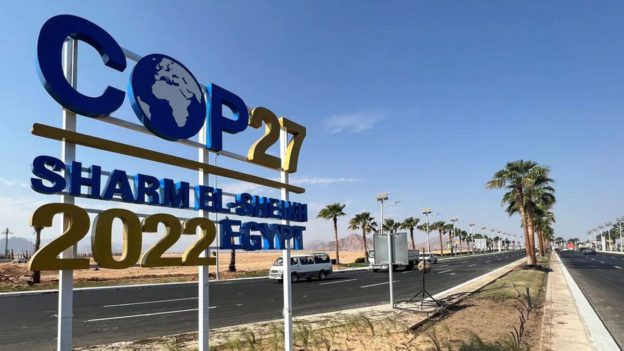Carbon reduction, removal and adaptation – all need to be pursued simultaneously, as none of these will be sufficient in isolation.
As Lenin once said, ‘there are decades where nothing happens; and then there are weeks where decades happen’. Post COVID-19, increase in energy demand coupled with the effects of the geo-political situations led to significant supply disruptions and soaring energy prices in many parts of the world. Governments have stepped in to mitigate the extreme effects, but sustainability of expensive interventions is coming to question, affecting the country’s own growth ambitions. Besides upending national budgets, rising prices have also affected consumers’ personal finances.
Cost of living has become a primary concern in the minds of citizens with the effect more severely felt by people on the margins. The crisis has also led to renewed interest in fossil fuels with countries desperate for reliable and affordable power to light and heat their homes this winter season. The world has not backtracked on green commitments but clearly there are signs of stress to keep the lights on. Security, Affordability, Sustainability – have come to be truly defining issues of our times.
On the energy security front, many nations had become overly dependent on specific suppliers or supplying countries to meet a large proportion of their energy needs. Diversification of supply sources, the key to energy security, took a back seat. Post war events have acted as a rude reminder and have brought the security dimension to the fore. According to IEA estimates, worldwide demand for all types of fossil fuel will peak in the mid 2020s, and then decline steadily. The technology choices will need to expand beyond wind and solar to include multiple fuels like hydrogen, nuclear, biofuels, hydro and even gas as an interim fuel, to make this happen at scale.
Climate actions have costs and will inevitably accentuate affordability concerns. Transition to clean energy, resilience, system hardening, and adaptation – all have costs; and will require access to large amounts of low-cost capital, especially to the less developed nations. At the same time, climate actions will have to ensure reasonable economic growth (especially in less developed nations) because without reasonable growth the economic machine would find it difficult to transition to low carbon frameworks and pathways. After protracted battle, the subject of loss and damage is up for discussion during the COP27, however whether it leads to tangible actions and setting up of the intended financing facility is to be seen.
On the sustainability front, the world witnessed wheeling back on climate initiatives in the short term as security took precedence. Yet the burning earth needs those commitments to be upped and not retreated upon. Commitments will further need to be backed by detailed implementation actions by each country. Additionally, the narrative of energy transition and decarbonization needs to be expanded to wider economic transformation that encompasses all sections of the society and stakeholders at large. Climate actions, small or large, need to become a part of everyday decisions that people take, and the way they live.
The recent edition of The Economist further emphasizes that clean energy options, even if pursued to the fullest, will still require radical measures to cool the earth. Technologies to absorb carbon dioxide out of the atmosphere and solar geo-engineering currently at a nascent stage, need much more attention and support. Carbon reduction, removal and adaptation – all need to be pursued simultaneously, as none of these will be sufficient in isolation. Conscious choices will need to be made to keep the lights on; but also, to drive the growth and sustainability agenda. Urgent should not trump the important.
https://www.financialexpress.com/industry/energy-security-affordability-and-sustainability-the-energy-trilemma-the-world-is-facing-today/2895573/





